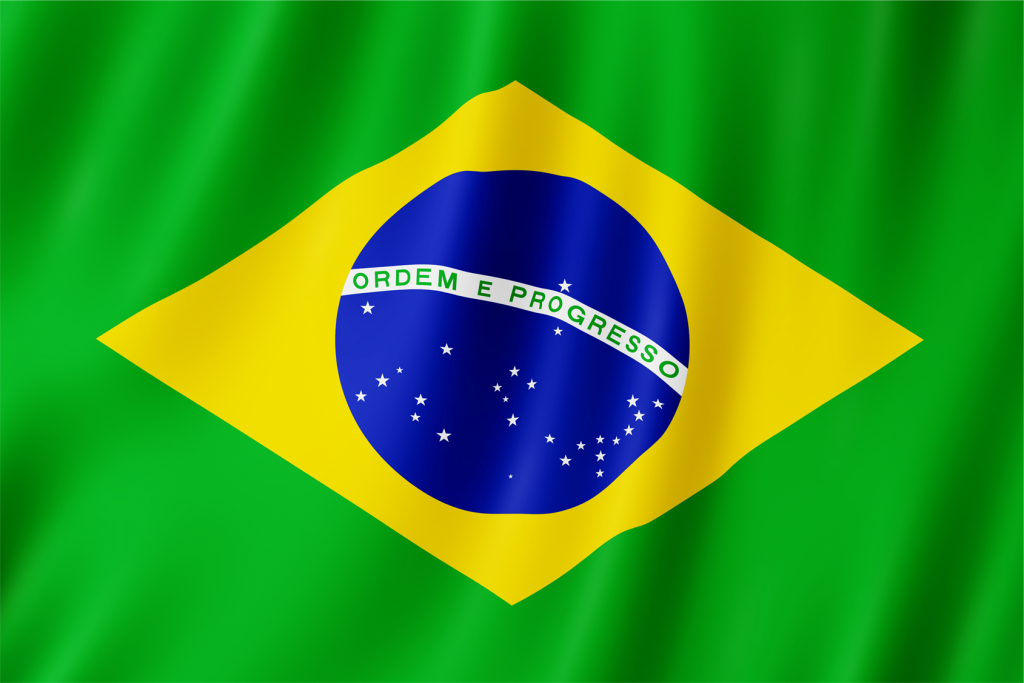Andre Dread was on his rounds handing out food parcels to poor families in the City of God, one of Brazil’s most notorious slums, in May when the familiar sound of gunfire from a police raid sent him running for cover.
Two weeks later, the Supreme Court banned all such raids in Rio de Janeiro’s favelas during the pandemic, a move aimed at easing the suffering of the poor in one of the countries worst hit by COVID-19.
The ban has made it easier to distribute aid and led to a dramatic decline in violent deaths in the city, where regular gun battles between gang members and military police disproportionately affect poor, Black or mixed-race people.
“(The ban) allowed us to attend to the ‘invisible’ ones, those who live in parts of the community that we were unable to reach because police operations were too frequent there,” said Dread, a member of activist group Frente CDD.
In Rio state as a whole, violent deaths fell 40% in the two months following the court’s June 5 ruling compared with the same period last year, government data shows.
In May, police officers killed 129 people, but that number fell to 34 in June – the lowest for a single month since 2015.
Rio’s police killed a record 1,814 people in 2019 and had been expected to reach another grim milestone this year, said Silvia Ramos, a coordinator at the Network of Observatories of Public Safety, a non-profit that monitors violence in Rio.
“We were on track to have 2,000 people killed by the police this year,” she said, saying the sharp decline in killings by police was “due exclusively to the Supreme Court’s order.”
Under the June 5 decision, police were ordered not to enter favelas in Rio “except in absolutely exceptional cases” until the end of the coronavirus pandemic.
Rio’s Military Police did not reply to a request for comment on the impact of the court’s prohibition.
The force has acknowledged that the ban led to a decline in killings by police, but warned last month that the absence of officers in favelas has allowed drug-trafficking gangs to strengthen their grip during the pandemic.

‘IMPACT WAS IMPRESSIVE’
About half of Rio’s people are white, but they account for only 12% of police killings, data obtained by Reuters last year showed.
Researchers said the decline in violence had been felt across Rio, making it safer for residents to go about their daily business and access health facilities during the outbreak.
The number of shootouts involving police near hospitals and health clinics in the state fell 82% from an average of 68 in past years to 12 in 2020, according to a report by Fogo Cruzado (meaning crossfire), a non-profit that monitors shootings.
“The impact was impressive. The number of injured fell by 50%,” said Daniel Hirata, a sociologist that partnered with Fogo Cruzado for the study.
Brazil has had the world’s third-highest number of coronavirus infections after the United States and India, registering more than 126,000 deaths, according to Health Ministry data.
But with tentative signs that the outbreak is easing, the police raids could be resumed if the government lifts emergency measures at the end of the year.
Gabriel Sampaio, from the non-profit Conectas which argued in the Supreme Court in favour of the ban, said he feared raids would soon resume in the favelas and called for more permanent measures to rein in the state’s notoriously violent police.
“The Supreme Court made very clear what the criteria for police action is,” he said. “An operation should not occur if it risks the lives of those in the community.”

